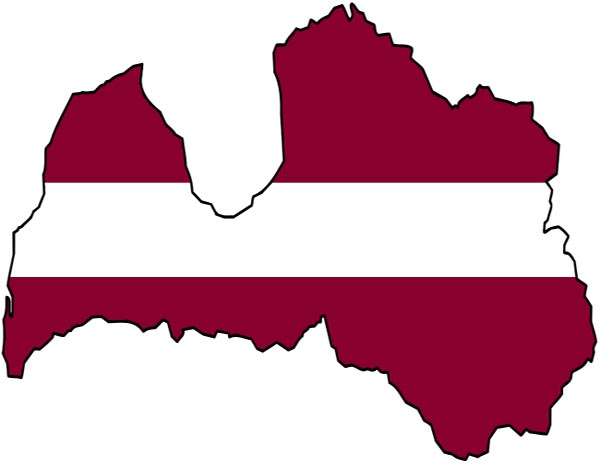Baltic leaders stoical about mixed European elections results
 Riga - Governments in the Baltic states of Estonia, Latvia and Lithuania put a brave face on a mixed set of European election results Monday.
Riga - Governments in the Baltic states of Estonia, Latvia and Lithuania put a brave face on a mixed set of European election results Monday.
The Estonian government was the clearest target for voters' ire after the two parties in the ruling coalition headed by Prime Minister Andrus Ansip managed to secure just one seat each from Estonia's six-seat allocation.
Turnout of 43 per cent was broadly in line with the EU average, but markedly better than at the equivalent elections in 2004.
On Monday morning, Estonian newspapers agreed voters made an effort to protest about big budget cuts and a deep economic recession.
Ansip looked for solace in the fact that the total number of votes cast for his Reform Party rose from 2004's level.
"This is a clear sign that we had support," Ansip told the ETV television channel.
However, the triumphant opposition Centre Party called for Ansip to resign after it secured three seats and 26 per cent of the vote.
In neighbouring Latvia, voters continued a long-held trend of giving a chance to a newly-founded party.
The Civic Union, which was formed in April 2008, emerged with the largest share of the vote on 24 per cent, largely due to the high esteem in which lead candidate and former EU commissioner Sandra Kalniete is held. It won two seats.
The party is one of five in a coalition government headed by former MEP Valdis Dombrovskis. While his New Era party managed to secure a single seat in Europe, the largest party in the ruling coalition, the People's Party, was frozen out by voters. Another government party, the Greens and Farmers Alliance, also failed to cross the 5 per cent threshold.
Rather than dwell on the election results, Dombrovskis launched straight into a series of meetings Monday as part of his efforts to win continued international support for a 7.5-billion-euro (10.5 billion dollar) economic assistance package.
Lithuanian Prime Minister Andrius Kubilius was the happiest of the Baltic leaders after his Homeland Union-Christian Democrats emerged as the largest single party by attracting 25 per cent of the vote and winning four seats in the European Parliament.
"Among the three Baltic states going through very similar and deep economic problems, and similar recessions, we are the only ruling party to win at the elections," he told journalists at a Monday morning press conference.
But the second largest party in his four-party coalition, Rising Nation, was ignored by voters less than a year after it scored spectacular successes in the Lithuanian general election.
Kubilius also had to watch a revival of fortunes for the Social Democratic party which he kicked out of power in late 2008. They bounced back by taking 19 per cent of the vote and winning three seats.(dpa)